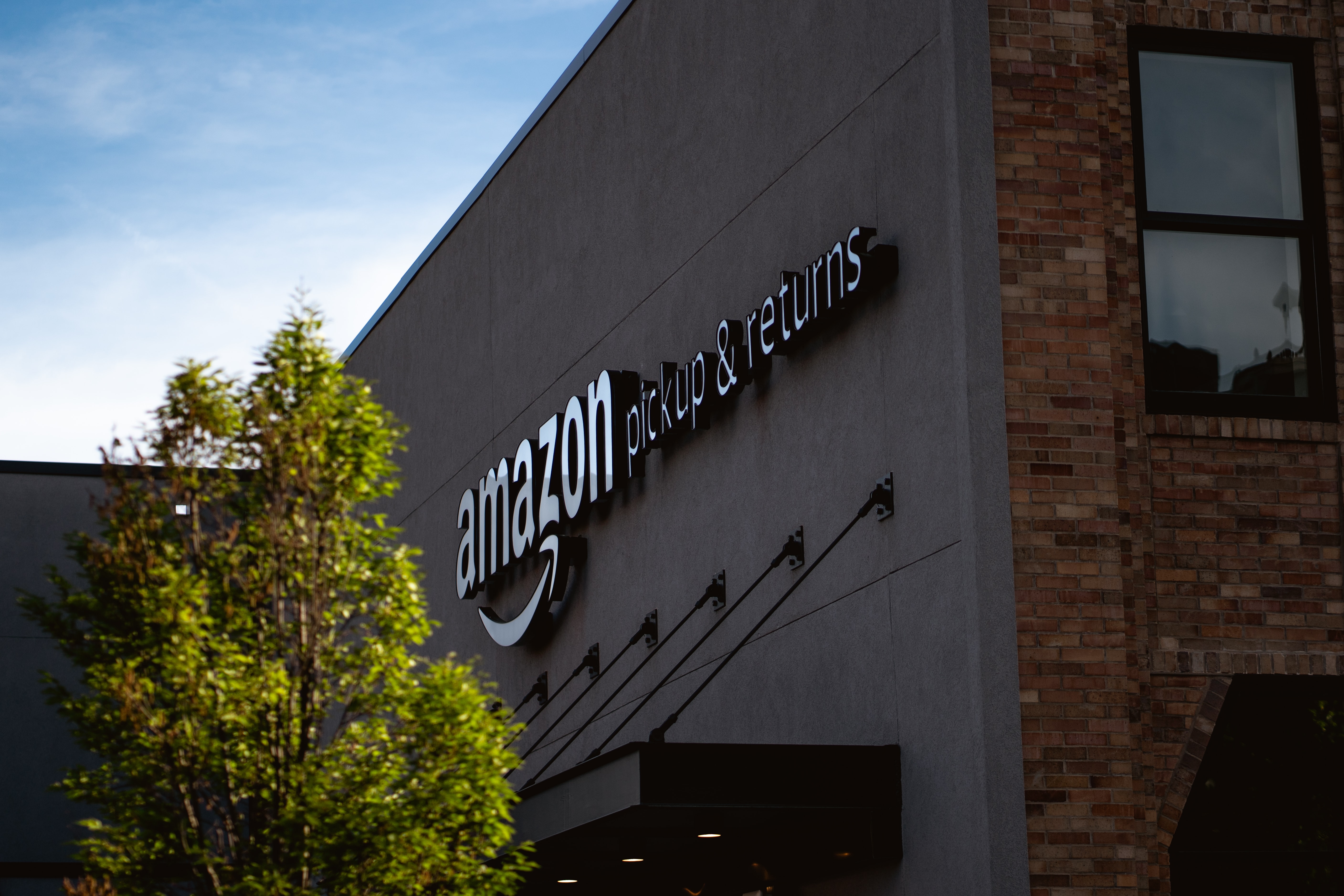
How to Stay Competitive In The Shifting B2B eCommerce Landscape
eCommerce and digital transformation are taking over the B2B industry at a rapid pace. Prior to COVID-19, 2020 was already looking like the biggest year in B2B sales by dollar value, operating at twice the size of the B2C market at $6.7 Trillion. Why are things changing so quickly, and what steps can you take to make sure you aren’t left behind?
Buyer Demographics

A big part of this overall macroeconomic force is the changing demographics of B2B buyers. The B2B landscape is changing dramatically as Millennials take hold of most buying responsibilities in B2B and distribution to B2C firms. Unknown to most, millennials are already the largest generation in the workforce. By 2025, millennials will account for 75% of the workforce worldwide. This is a generation of digitally connected, technologically dependent, and software-savvy workers.
What does this mean for B2B companies? Right now, more than 46% of all B2B purchases are made by millennials. For millennials, the convenience and ease of digital buying experiences are more important than other factors impacting their choice to buy. In fact, 69% of millennials say that the ease of doing business is why they choose the companies that they work with. For more than two-thirds of the customers you attempt to sell to, your online portal or buying experience is the most important aspect of your business for retaining them.
“Millenials don’t want to have a conversation with a sales rep, they want to have a conversation with your website.” – Adam Morris, Redstage CEO
How Amazon’s Marketplace is Hurting B2B Business

Pre-COVID, Amazon Business was projected by Bank of America to take 10% of the US market for B2B. With eCommerce and online sales booming during the crisis (up 25% industry-wide since March), Amazon’s dominant market share has only grown. How can Amazon’s push into the B2B eCommerce market hurt your business?
As the market expands, customers without brand loyalty will shop on the Amazon Marketplace for things like materials, parts, and even industrial chemicals. Customers will see your products alongside your competition, where the only comparable attributes are price and quantity. Without your differentiation and product knowledge, you are losing a large number of sales to competitors.
Many industry leaders are trying to get ahead of this trend. Honeywell established the Honeywell Marketplace for aerospace parts companies, and in an industry dominated by brand loyalty and trust, it’s almost impossible to get buyers to see your products if you aren’t on Honeywell’s trusted marketplace. This has given Honeywell a major advantage in the market in terms of industry leadership, as well as increasing revenue by being a “middle man” of sorts in the industry. However, it may hurt smaller distributors who are competing for sales with every one of their competitors also on the marketplace.
In another industry vertical, DMEhub partnered with Redstage to build a buyer and seller portal for durable medical equipment. The new site connected physicians and other medical practitioners with medical equipment suppliers directly, allowing consumers to get their medical equipment from an online marketplace with direct access to their prescriptions. This majorly cut down the timeline for accepting these orders, as well as greatly improving the security of highly sensitive medical data in the backend of the site. Learn more about the project here.
What can you do to get ahead of your competition?

B2B eCommerce sales are growing 7X faster than any other electronic channel. Yet, only 73% of B2B sellers sell through eCommerce or online marketplace portals today. While that may seem fairly low, keep in mind that 86% of US-based B2B companies with over $500 million in annual revenue have already implemented these solutions.
What does this all mean? It means there’s still some room for companies to begin their digital transformation, adopt eCommerce, or build industry-specific online marketplaces. However, we’re starting to get to a point in this journey where executives have already thought through these strategies and have implemented or are implementing them. If you continue to hold off on digital transformation projects, your competition will start looking at you through their rearview mirror.
According to a study by McKinsey, B2B’s digital leaders in eCommerce are vastly outperforming their competitors. Digital B2B leaders who adopted online buying opportunities have reported up to 5x revenue growth, 8x operating profit growth, and up to double their return on shareholder growth. The value of showcasing your products to your customers, highlighting key product attributes, and allowing those customers to buy from you quickly how they want to, is extremely self-evident.
Final thoughts
As B2B online marketplaces and buying portals become more and more commonplace, the room to differentiate yourself is growing scarce. Don’t get left behind the pack by waiting to innovate, the time to utilize eCommerce platforms is now. Check out how we helped Zwilling Beauty Group boost their revenue year over year by 87% by tapping into the power of Magento Commerce Cloud here.
If you’d like to know more about how to implement these solutions or have any other technology questions, contact us here.
If you’d like to get B2B eCommerce news and insights directly to your inbox, subscribe to our newsletter here!
Recent Comments